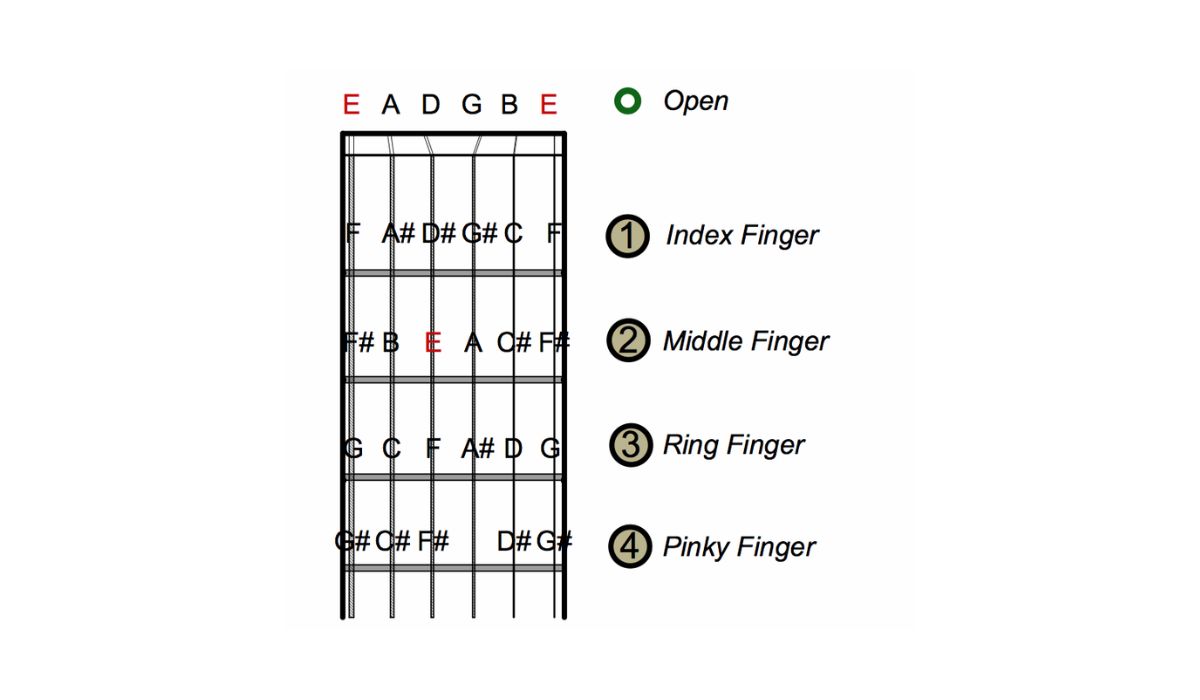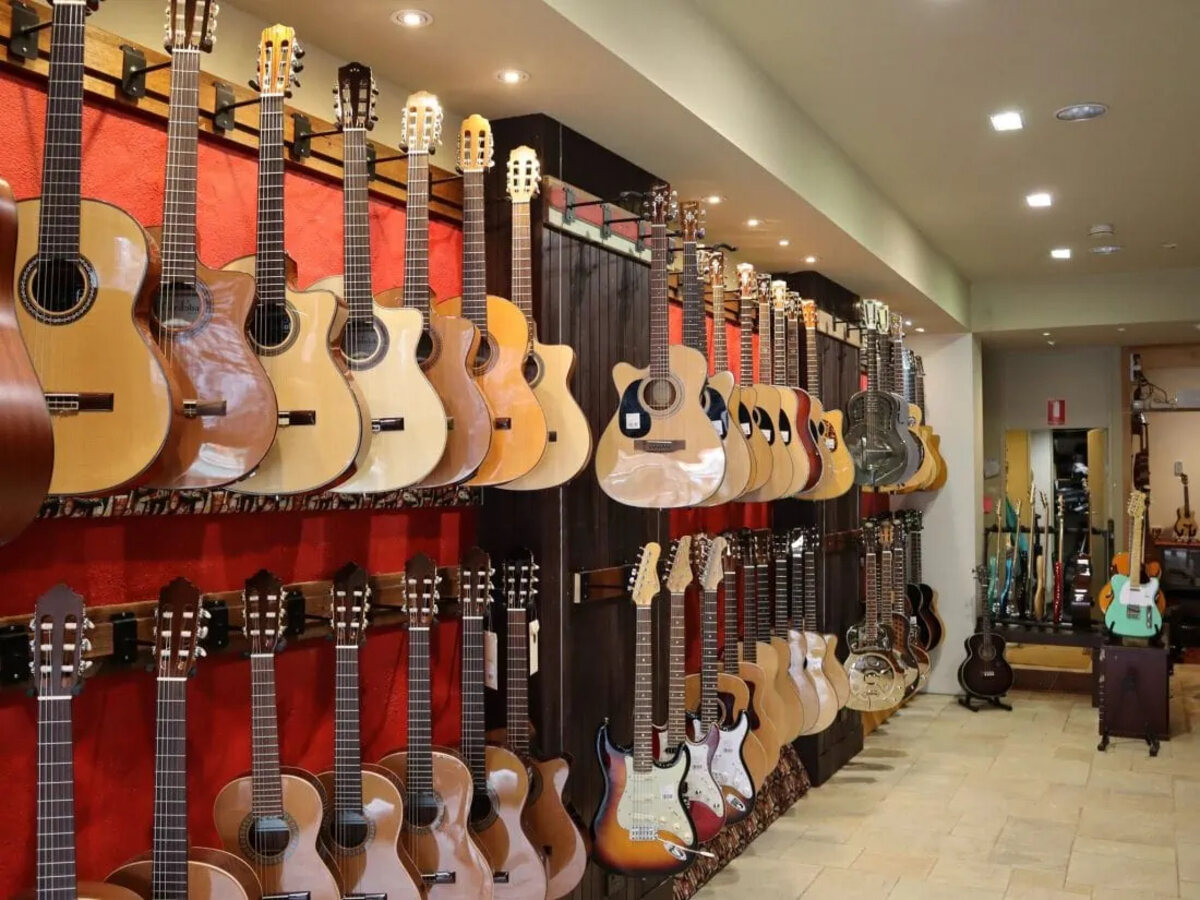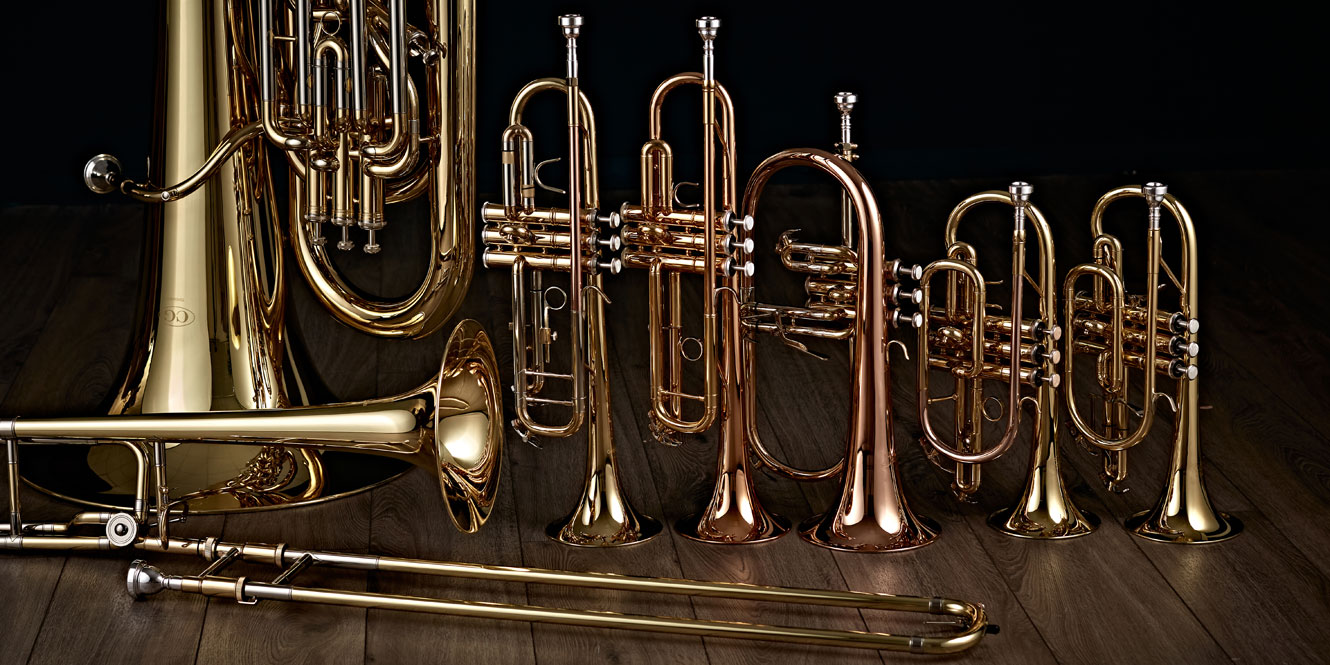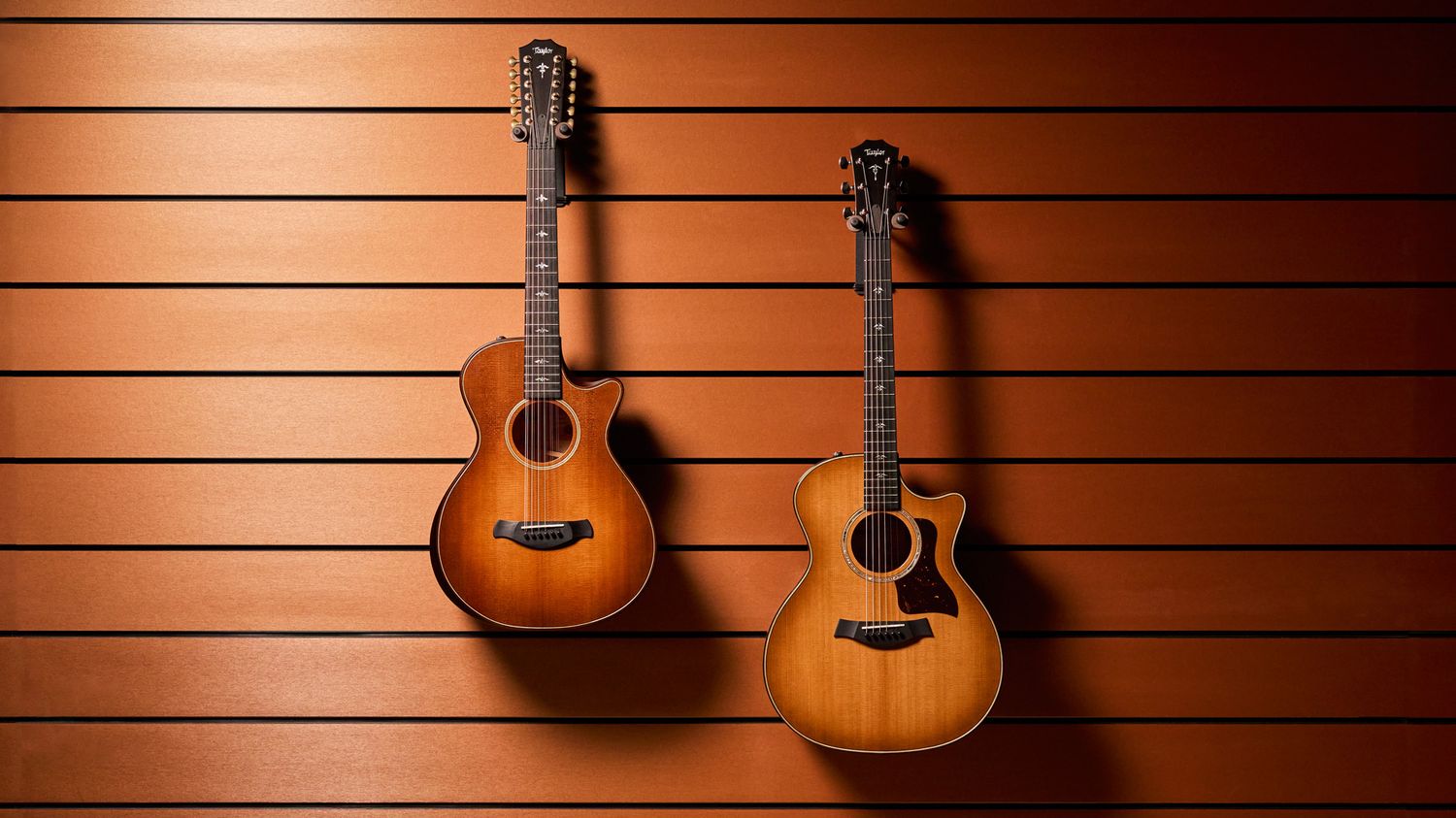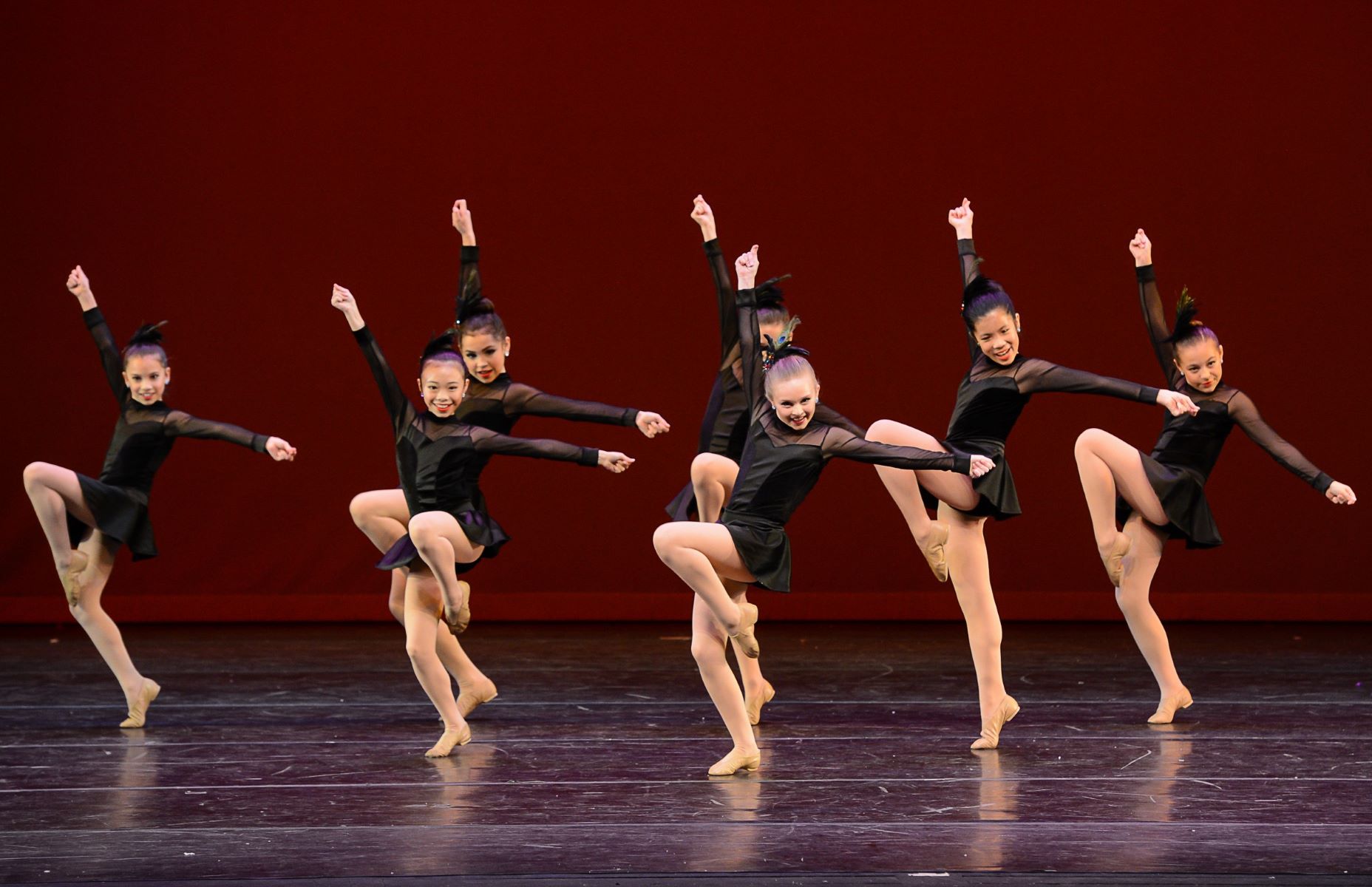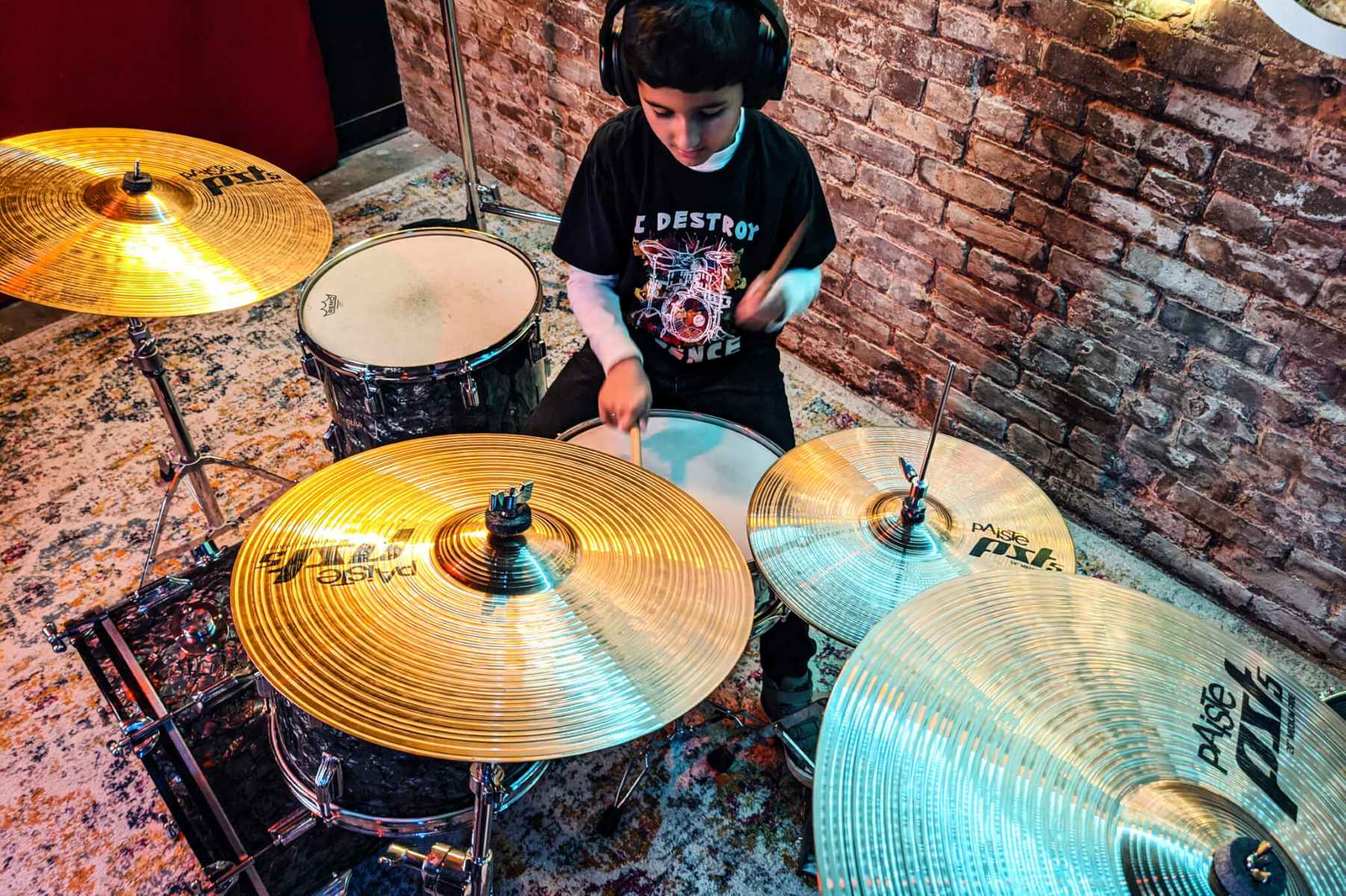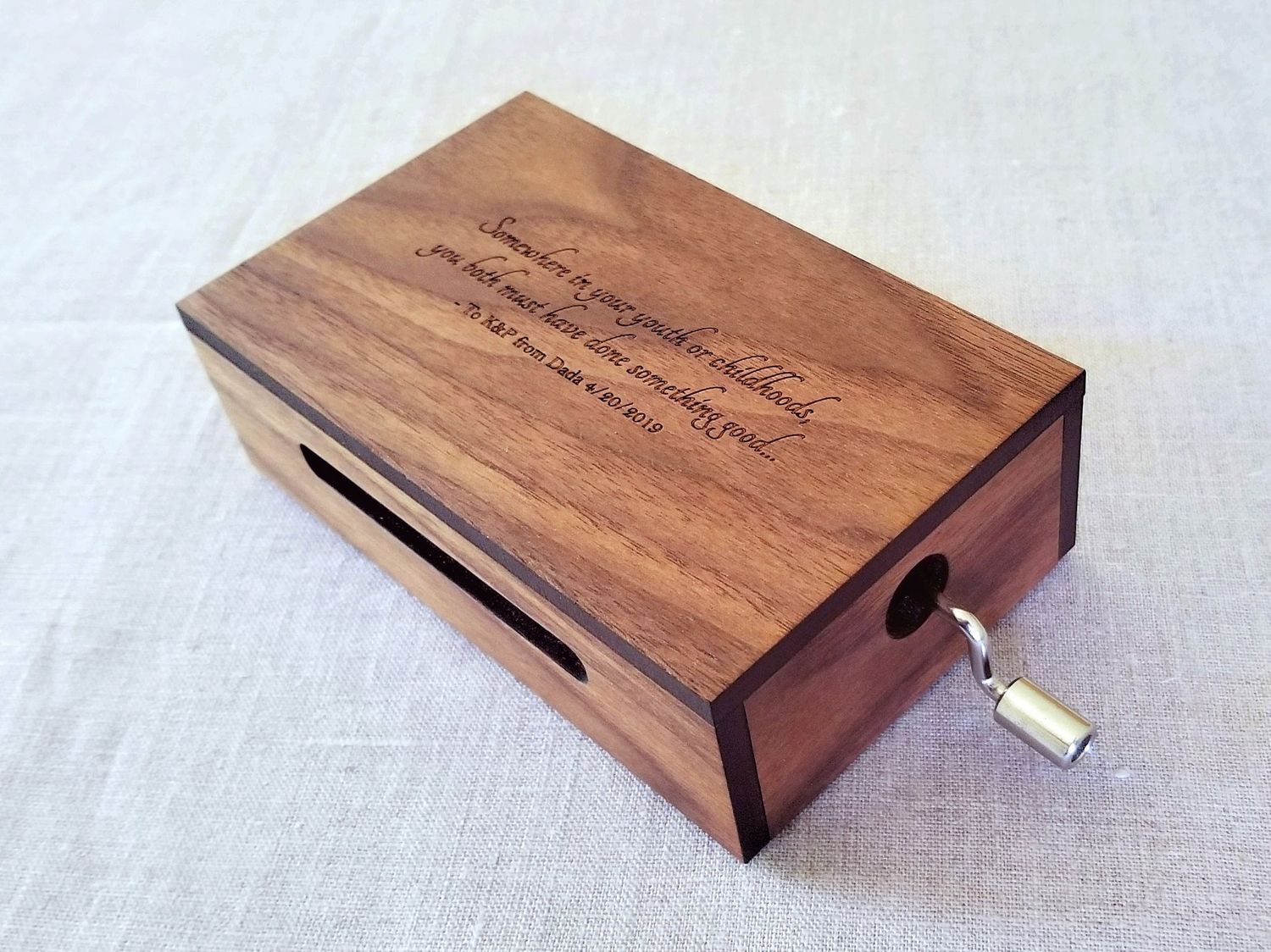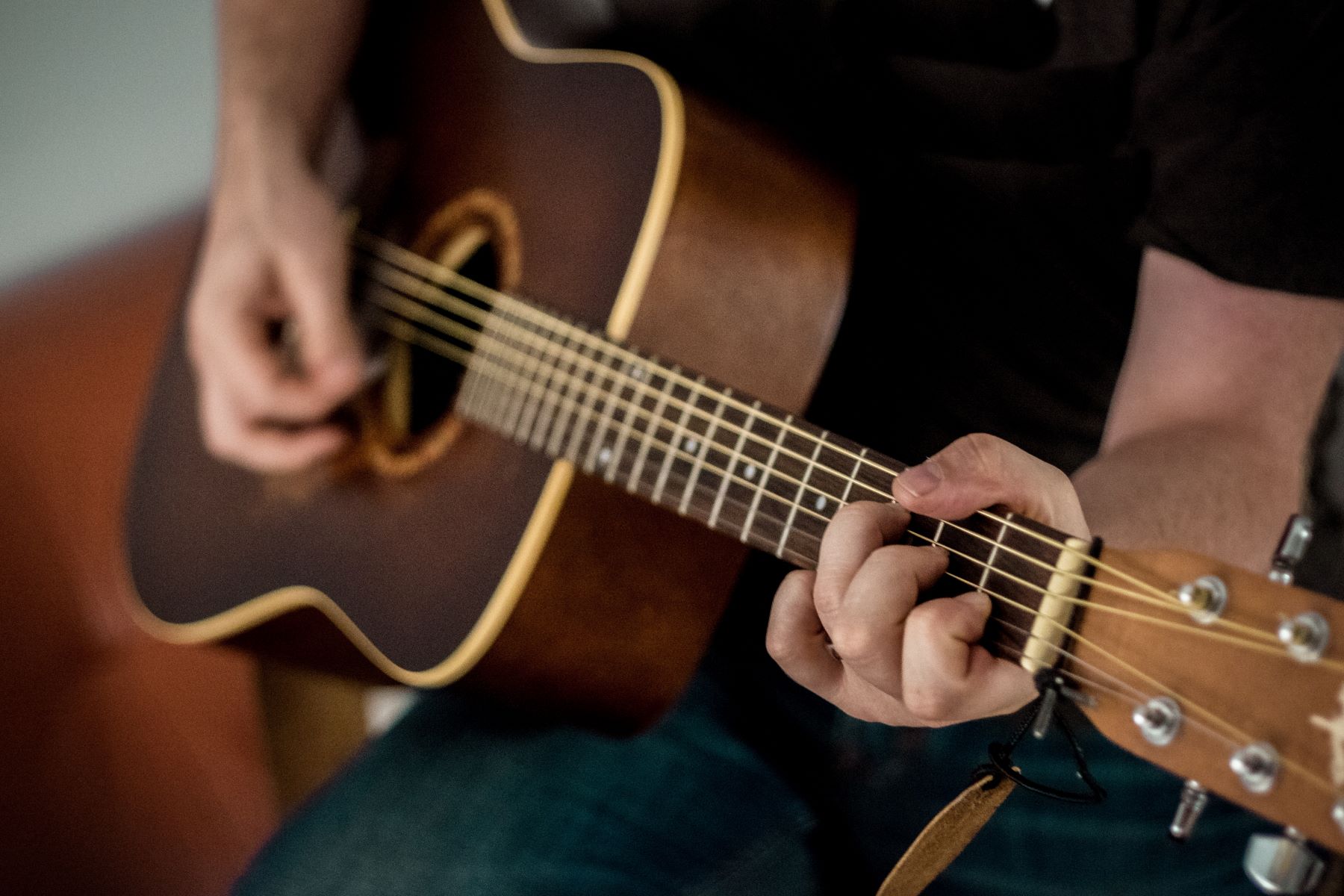

Reggae
What Type Of Strings Are Good For Reggae
Modified: February 15, 2024
Find the perfect strings for your reggae guitar playing. Discover the ideal type of strings that will help you achieve the authentic reggae sound.
(Many of the links in this article redirect to a specific reviewed product. Your purchase of these products through affiliate links helps to generate commission for AudioLover.com, at no extra cost. Learn more)
Table of Contents
Introduction
Reggae music is a genre that has captivated audiences around the world with its infectious rhythms, soulful melodies, and powerful messages. Emerging from Jamaica in the 1960s, reggae music has since become a global phenomenon, influencing and inspiring musicians of various genres.
One of the distinctive features of reggae music is its rhythmic emphasis on the off-beat, often referred to as the “one drop” rhythm. This signature groove, characterized by the steady snare drum on the third beat of the measure, sets the foundation for the reggae sound.
While several elements contribute to the unique sound of reggae, including basslines, keyboards, and percussion, the role of the guitar should not be overlooked. The guitar serves as a driving force, adding layers of depth and providing the iconic skanking rhythm that defines reggae.
When it comes to capturing the essence of reggae on the guitar, choosing the right strings is crucial. The right strings can make a significant difference in the overall tone, feel, and playability of the instrument. In this article, we will explore the importance of strings in reggae music and provide insights into factors to consider when selecting strings for a reggae guitar sound.
Understanding Reggae Music
Reggae music is much more than just a genre; it is a cultural movement with deep roots in Jamaica’s history and identity. Emerging in the late 1960s, reggae was born out of a fusion of several musical styles, including ska and rocksteady. It is characterized by its distinctive rhythm, powerful basslines, and socially conscious lyrics.
The heartbeat of reggae lies in its rhythm, with its emphasis on the off-beat known as the “one drop” rhythm. This rhythmic pattern, complemented by a syncopated bassline, creates a hypnotic groove that is both captivating and uplifting. The guitar in reggae typically plays a repetitive pattern known as the skank, which adds texture and reinforces the rhythm.
Lyrically, reggae often addresses social and political issues, delivering messages of unity, love, and resilience. From the iconic music of Bob Marley to the uplifting sounds of artists like Jimmy Cliff and Peter Tosh, reggae has a rich history of using music as a powerful tool for change and empowerment.
Reggae music has become a global phenomenon, spreading its positive vibes and inspiring people from all walks of life. Its infectious rhythms, soulful melodies, and thought-provoking lyrics resonate with listeners, transcending cultural and language barriers.
Understanding the essence of reggae music is key to capturing its spirit on the guitar. By incorporating the soulful rhythms, melodic lines, and mindful lyrics that define reggae, musicians can create an authentic and engaging reggae sound.
Importance of Strings in Reggae
When it comes to playing reggae music on the guitar, the choice of strings plays a vital role in achieving the desired sound and feel. Strings act as the direct connection between the player and the instrument, influencing the tone, sustain, and playability.
In reggae, the guitar is responsible for creating the iconic skanking rhythm that drives the music forward. The skank, characterized by a repetitive series of upstrokes on the off-beats, is what gives reggae its distinctive bounce and groove. The right strings can help enhance this rhythmic pattern, allowing for a more precise and articulate skanking technique.
Furthermore, reggae music often incorporates melodic lines and solos that add depth and emotion to the overall composition. The choice of strings can greatly impact the clarity, brightness, and sustain of these melodic elements. The right strings can provide the right balance of warmth and brightness, allowing the melodies to cut through the mix without sounding harsh or overly bright.
In addition to tone and feel, strings also affect playability. Reggae music often involves repetitive and fast-paced strumming patterns, making it essential to consider the playability of the strings. Strings with the right tension and gauge can provide the necessary flexibility and responsiveness, ensuring comfortable and effortless playing.
Moreover, durability is another crucial factor to consider, especially for touring musicians or those who spend long hours playing their instruments. Reggae music is often associated with live performances, and strings that can withstand the rigors of frequent playing and climate changes are essential to maintain consistent tone and performance.
Overall, the importance of strings in reggae cannot be overstated. They are the bridge between the player and the instrument, shaping the tone, playability, and projection of the guitar. By selecting the right strings, musicians can enhance their ability to create the infectious rhythms, soulful melodies, and powerful messages that define reggae music.
Factors to Consider When Choosing Strings for Reggae
When selecting strings for playing reggae music, there are several important factors to consider. These factors will greatly impact the tone, feel, and playability of your guitar, allowing you to achieve the desired reggae sound. Here are some key factors to keep in mind:
1. String Gauge
The gauge, or thickness, of the strings is an important consideration. Lighter gauge strings (such as 9-42 or 10-46) offer easier bending and fretting, making them suitable for players who prefer a more agile and responsive feel. However, for a deeper and chunkier sound, medium or heavy gauge strings (such as 11-49 or 12-54) can provide more sustain and a fuller tone.
2. Material
The material of the strings will influence the overall tone and longevity. Nickel-plated steel strings offer a balanced tone with a bright attack, while pure nickel strings produce a warmer and vintage-inspired sound. Stainless steel strings have a brighter tone and increased durability, making them a popular choice for players who prefer a crisp and articulate sound.
3. Tension
The tension of the strings refers to the amount of force needed to bring them up to pitch. Higher tension strings can provide more projection and volume, but they may require a slightly stronger fretting hand. Lower tension strings can offer a more relaxed and easier playing experience, but they may sacrifice some volume and presence.
4. Coatings
Coated strings are treated with a thin layer of polymer to protect against corrosion and extend their lifespan. This can be particularly beneficial for players who have acidic sweat or play in humid environments. However, it’s worth noting that coated strings can have a slightly different feel and tone compared to uncoated strings, so it’s a matter of personal preference.
5. Durability
Reggae music often involves repetitive strumming patterns and energetic performances, so it’s important to choose strings that are durable and can withstand frequent playing. Look for strings that are known for their longevity and resistance to breakage to ensure consistent performance throughout your reggae journey.
By considering these factors and experimenting with different string options, you can find the perfect combination that suits your playing style and helps you achieve the characteristic sound of reggae on your guitar.
String Gauge
The gauge of the strings refers to their thickness, and it plays a significant role in the overall playability and sound of a guitar. In reggae music, the choice of string gauge is essential for achieving the desired feel and tone.
Lighter gauge strings, such as 9-42 or 10-46, have thinner diameters and are easier to bend and fret. They offer a more agile and responsive feel, making them suitable for players who prefer a lighter touch and want to incorporate more intricate melodic lines into their reggae playing. Lighter gauge strings also facilitate faster skanking patterns, allowing for quick and precise upstrokes on the guitar.
On the other hand, medium or heavy gauge strings, such as 11-49 or 12-54, have thicker diameters and provide more tension. They offer a deeper and chunkier tone, perfect for players who want a fuller sound and more sustain. The increased tension of these strings can also contribute to a greater dynamic range and better projection, allowing the guitar to cut through the mix in a live performance setting.
When choosing string gauge for reggae, it ultimately comes down to personal preference and playing style. Some players may prefer the ease of playing and flexibility offered by lighter gauge strings, while others may prefer the added depth and power of medium or heavy gauge strings. It’s important to experiment with different gauges to find the right balance between playability and tone for your own unique style of reggae playing.
It’s also worth noting that string gauge can be influenced by other factors, such as the scale length of the guitar. Shorter scale length guitars, like those found in some reggae-inspired models, may benefit from lighter gauge strings to maintain optimal playability and tension. Conversely, longer scale length guitars may require heavier gauge strings to avoid the strings feeling too loose or floppy.
In summary, string gauge is an important consideration for achieving the desired feel and sound in reggae music. Whether you opt for lighter gauge strings for their flexibility and responsiveness or choose heavier gauge strings for their deep tone and sustain, finding the right balance will enhance your reggae playing experience and bring out the signature rhythm and melodies of the genre.
Material
The material of the strings plays a crucial role in determining the tone, feel, and durability of your guitar. Different materials can produce subtle variations in sound, allowing you to find the perfect match for the reggae genre.
Nickel-plated steel strings are a popular choice for reggae musicians. They offer a balanced tone with a bright attack, providing clarity and definition to the skank rhythm and melodic lines. The nickel plating helps to prevent corrosion, ensuring long-lasting performance and tone. Nickel-plated steel strings also offer a smooth and comfortable playing experience, making them suitable for both rhythm and lead players in reggae music.
For players seeking a warmer and vintage-inspired sound, pure nickel strings are a great option. They have a softer and mellower tone compared to nickel-plated steel strings, producing a smoother and more rounded sound. Pure nickel strings can help to recreate the classic reggae sound, reminiscent of the iconic recordings from the genre’s early years.
Another material choice to consider is stainless steel. Stainless steel strings have a brighter tone and increased durability. They are known for their resistance to corrosion, making them an excellent choice for players who have acidic sweat or frequently perform in humid environments. Stainless steel strings can provide a crisp and articulate sound, allowing the skank rhythm to cut through the mix with clarity.
Ultimately, the choice of string material depends on your personal preference and the specific tone you want to achieve in your reggae playing. Nickel-plated steel strings offer a balanced and versatile option, while pure nickel strings provide a vintage-inspired sound. Stainless steel strings are a durable choice that delivers brightness and clarity. Experimenting with different string materials will help you find the perfect fit for your reggae guitar sound.
It’s also important to note that the material of the guitar’s frets can interact with the strings, affecting the overall tonal characteristics. Nickel frets can have a softer feel and slightly warmer tone compared to stainless steel frets, which can contribute to the overall sound of the guitar.
Ultimately, finding the right string material for your reggae guitar involves considering factors such as tone, durability, and playability. By exploring the various options and experimenting with different materials, you can discover the perfect combination that enhances your reggae playing experience and brings out the unique qualities of the genre.
Tension
The tension of the strings determines the amount of force required to bring them up to pitch. The tension of the strings can significantly impact the playability, feel, and overall sound of your guitar when playing reggae music.
Higher tension strings offer increased projection and volume. They can provide a fuller and more vibrant tone, making them suitable for players who want their reggae guitar to have a strong and assertive presence in the mix. The higher tension can also contribute to a greater dynamic range and responsiveness, allowing for more expressive playing and accentuation of the skank rhythm.
However, it’s important to consider the physical demands that higher tension strings may place on your hands. They can require a slightly stronger fretting hand, especially during extended playing sessions or fast-paced skanking patterns. It’s crucial to ensure that you are comfortable and able to maintain proper technique while playing with higher tension strings.
On the other hand, lower tension strings offer a more relaxed and comfortable playing experience. They require less finger strength and can be more forgiving on the hands. Lower tension strings can be ideal for players who prefer a lighter touch or players who incorporate intricate melodic lines into their reggae playing. However, it’s worth noting that lower tension strings may sacrifice some volume and presence compared to higher tension options.
It’s essential to find a balance that suits your playing style and preferences. You may decide to experiment with different tensions to determine which one best suits your reggae guitar sound. Some players may prefer the responsiveness and power of higher tension strings, while others may find lower tension strings more enjoyable for their playing style.
It’s also worth considering the scale length of your guitar when choosing string tension. Shorter scale length guitars may benefit from lower tension strings to maintain optimal playability and avoid excessive strain on the instrument. Conversely, longer scale length guitars may require higher tension strings to avoid the strings feeling too floppy.
Overall, finding the right tension for your reggae guitar strings involves considering your playing style, comfort, and the desired tone. By experimenting with different tensions and finding the right balance, you’ll be able to achieve a reggae guitar sound that is both expressive and enjoyable to play.
Coatings
When selecting strings for reggae music, considering whether to choose coated or uncoated strings is an important factor to consider. Coated strings are treated with a thin layer of polymer to protect against corrosion and extend their lifespan.
One of the main benefits of coated strings is their increased durability. The coating acts as a barrier against dirt, sweat, and oils, which can cause premature string corrosion and dullness. In reggae music, where players often employ vigorous strumming and energetic performances, coated strings can prove to be advantageous in maintaining consistent tone and prolonging string life.
Coated strings also tend to have a smoother feel, reducing finger noise and minimizing string squeak. This can be particularly beneficial for players who record their reggae performances or play at lower volumes, as it helps to maintain a cleaner and more controlled sound.
However, it’s worth noting that coated strings may have a slightly different feel and tone compared to uncoated strings. Some players may prefer the natural, raw sound and feel of uncoated strings, as they tend to provide a brighter and more immediate response. Uncoated strings also offer a more traditional playing experience, similar to the strings used by many reggae guitarists during the genre’s early days.
The choice between coated and uncoated strings ultimately comes down to personal preference and individual playing style. If you find that your strings tend to corrode quickly, or you frequently play in humid environments or have acidic sweat, coated strings may be a great option to prolong string life and maintain consistent performance. However, if you prefer a brighter tone and a more direct playing experience, uncoated strings may be the better choice.
It’s important to experiment with different string coatings and see which one works best for you. Ultimately, the goal is to find strings that deliver the desired tone, playability, and longevity for your reggae guitar playing.
Durability
In reggae music, durability is a crucial factor to consider when choosing strings for your guitar. Reggae music often involves energetic performances, vigorous strumming patterns, and extended playing sessions, making it important to select strings that can withstand the demands of frequent use.
Strings that are durable will maintain their tone, playability, and overall performance over an extended period of time, ensuring consistent sound and feel. They should be able to withstand the rigors of frequent playing, as well as changes in climate and humidity.
One aspect to consider is the construction and quality of the strings. Look for strings that are made with high-quality materials and have a reputation for being long-lasting. Opting for renowned string brands known for their durability and reliability can significantly increase the lifespan of the strings.
Coated strings can also offer improved durability. The thin polymer coating acts as a protective layer, helping to guard against dirt, sweat, and corrosion. This can be especially beneficial for reggae guitarists who perform in humid environments or have acidic sweat, as these factors can accelerate string corrosion.
It’s important to note that playing style and technique can also impact the durability of the strings. If you play with a heavy hand or frequently use aggressive strumming techniques, it may be beneficial to choose strings that are specifically designed to withstand increased tension and stress.
Regular maintenance and cleaning of your strings can also contribute to their durability. Wiping down the strings after each session with a clean cloth can help remove dirt and sweat, preventing buildup and corrosion. Additionally, using string lubricants or conditioning products can help reduce friction and prolong the life of the strings.
Ultimately, investing in strings that offer durability ensures that your reggae guitar will consistently deliver its desired tone and playability. By considering the construction, quality, coating, and maintenance of the strings, you can select a set that can handle the demands of reggae playing and provide long-lasting performance.
Recommended String Brands for Reggae
When it comes to finding the perfect strings for playing reggae music on your guitar, there are several renowned string brands that have proven to be popular and reliable choices among reggae guitarists. Here are some recommended string brands that have been recognized for their quality and suitability for reggae:
1. Ernie Ball
Ernie Ball is a well-established string brand that offers a wide range of options suitable for reggae. Their nickel-plated steel strings provide a balanced tone and excellent playability, making them a popular choice among reggae guitarists. With options available in various gauges, Ernie Ball offers versatility for different playing styles.
2. D’Addario
D’Addario is another highly respected string brand that offers a diverse range of strings suitable for reggae. Their EXL Nickel Wound series provides a bright and clear tone, while their Pure Nickel series offers a warmer vintage-inspired sound that is well-suited for reggae music.
3. GHS
GHS is known for producing high-quality strings that are favored by many reggae guitarists. Their Boomers series is popular and offers excellent durability and sustain. GHS also offers coated string options for those seeking extended string life and a consistently fresh sound.
4. Rotosound
Rotosound is a string brand that has been trusted by reggae musicians for decades. Their nickel-wound strings are known for their bright tone and durability, making them a reliable choice for players looking to achieve the signature reggae sound.
5. Elixir
Elixir is renowned for their coated strings, which provide extra protection against corrosion and offer an extended lifespan. Their coated strings retain their bright tone and playability for longer periods, making them a practical choice for reggae guitarists who want to minimize the frequency of string changes.
While these brands have been recommended for reggae, it’s important to keep in mind that the choice of strings is ultimately a matter of personal preference. Each brand offers a variety of options in terms of gauge, material, and coatings, allowing you to find the perfect match for your playing style and desired sound.
It’s a good idea to experiment with different string brands and types to find the combination that best suits your reggae guitar playing. Consider factors such as tone, playability, and durability to select strings that will provide the desired sound and performance for your reggae music journey.
Conclusion
Choosing the right strings is essential for capturing the essence of reggae music on your guitar. The strings serve as the connection between the player and the instrument, shaping the tone, playability, and overall performance. Understanding the factors to consider when selecting strings for reggae can greatly enhance your playing experience and help you achieve the desired sound.
Considering factors such as string gauge, material, tension, coatings, and durability will allow you to tailor your guitar’s tone and playability to the reggae genre. Lighter gauge strings may offer more agility and responsiveness, while heavier gauge strings can provide a deeper and fuller tone. The material of the strings, whether nickel-plated steel, pure nickel, or stainless steel, will contribute to the overall sound and feel. String tension can impact volume and dynamics, and coatings can extend the lifespan and improve playability. Lastly, choosing durable strings will ensure consistency and longevity in your reggae playing.
There are several renowned string brands that offer options suitable for reggae, such as Ernie Ball, D’Addario, GHS, Rotosound, and Elixir. Exploring different brands and types of strings will help you find the perfect match for your playing style and preferences.
Ultimately, the goal is to use strings that allow you to create the infectious rhythms, soulful melodies, and powerful messages that define reggae music. Experimentation and personal exploration will help you find the strings that unlock the full potential of your reggae guitar playing.
So, whether you’re strumming the skank rhythm, playing melodic lines, or performing powerful solos, choosing the right strings will ensure that your reggae guitar sound is authentic, satisfying, and captivating.


